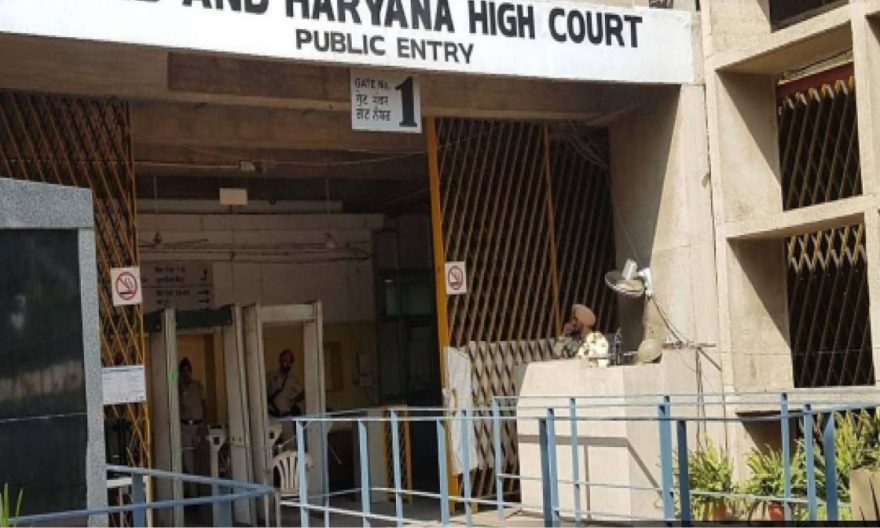
The Punjab and Haryana High in the case Anil Dhir and another v. State of Punjab and Another observed and has recently held that the service of notice upon the accused in cheque dishonour case cannot be denied in light of Section 27 of the General Clauses Act, wherein it provides a presumption in favour of the complainant that the notice had been delivered.
The bench comprising of Justice Jasjit Singh Bedi observed while dealing with a revision petition against the judgment passed by the Additional Sessions Judge, Ludhiana, the bench dismissed the petitioner’s appeal and upholding the conviction judgment by the Judicial Magistrate.
In the present case, the petitioner was said to have dishonoured a cheque issued allegedly to discharge its liability against goods purchased from the complainant. On the other hand, it was claimed by him that the cheque in question had not been issued in order to discharge any legal enforceable liability towards the complainant and that the same was misused. It was alleged by him that no goods were received by him and that the complainant had forged the cheque. Further, it was alleged that no statutory notice was served upon him.
While convicting the Petitioner, the trial court held that as per the provisions of the General Clauses Act. Thus, there was a presumption that once the notice had been sent vide a registered post to the address of the petitioners-accused, it was deemed to have been served. Further, the appeal was also dismissed.
The High Court observed in the revision petition:
Firstly, In light of Section 27 of the General Clauses Act, the service of the notice upon the accused cannot be denied, as per which, a presumption is raised in favour of the complainant that the notice had been delivered. The arguments made were that certain documents had been forged and fabricated is absolutely incorrect. If it had been the case, A criminal complaint would have been filled by the accused in that regard. However, no effort has been made to examine any expert either.
It was noted by the Court that the petitioner has not denied his signatures upon the cheque. The petitioner stand is only that the cheque, in question, had not been issued in the discharge of any legally enforceable debt and the same had been misused. In fact, it was stated by him that no goods had been received by him.
Further, the Court noted that there is absolutely no infirmity in the judgment of conviction passed by the court. The court dismissed the same, finding no merit in the present petition.
The Court observed that he is said to be untraceable which means he has certainly not surrendered and no mitigating circumstances appear for reducing his sentence, so far as reducing the sentence of the petitioner was concerned.




